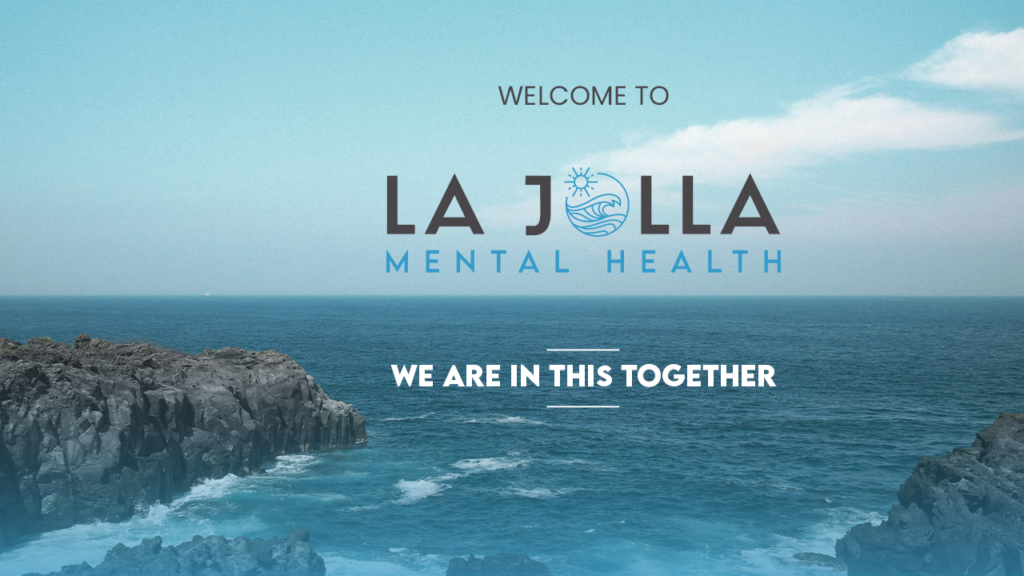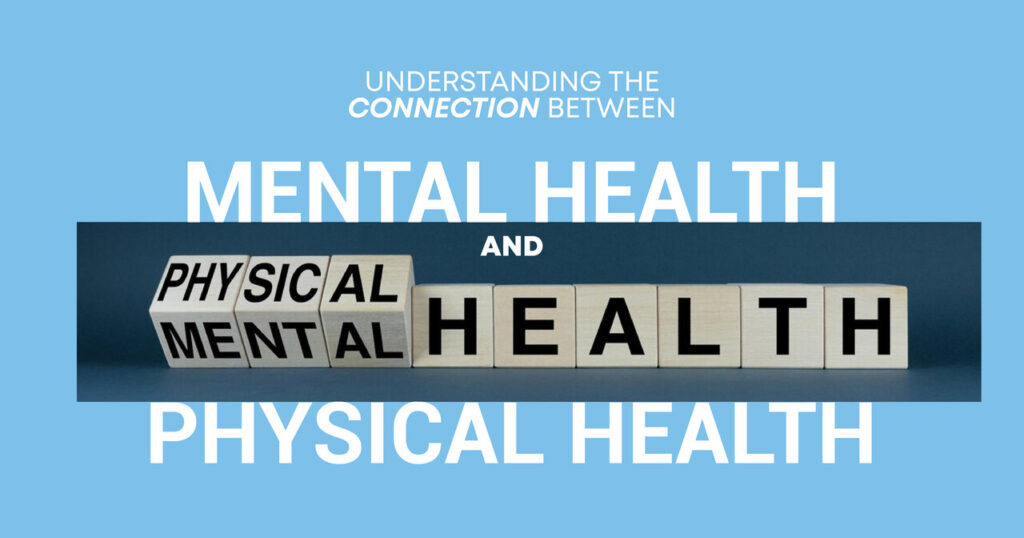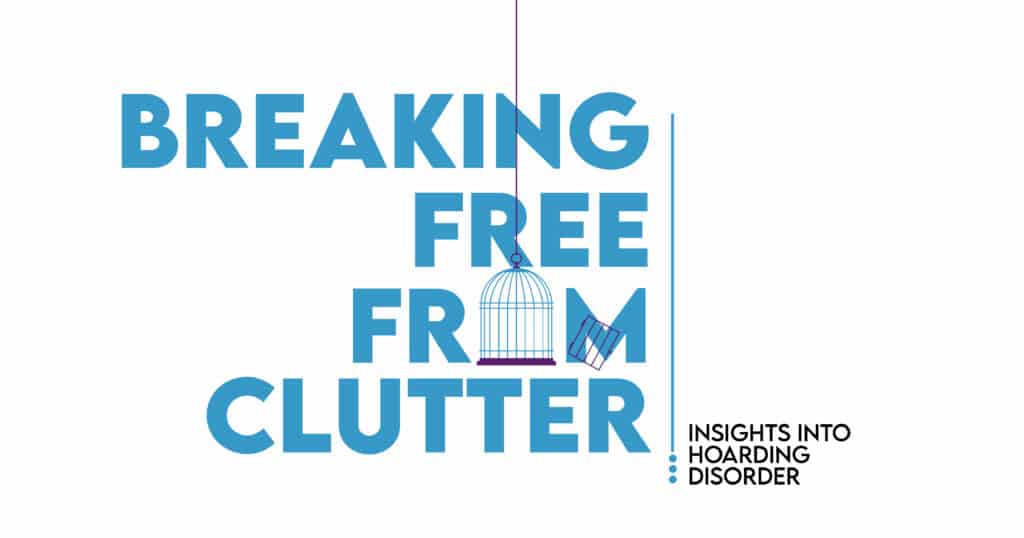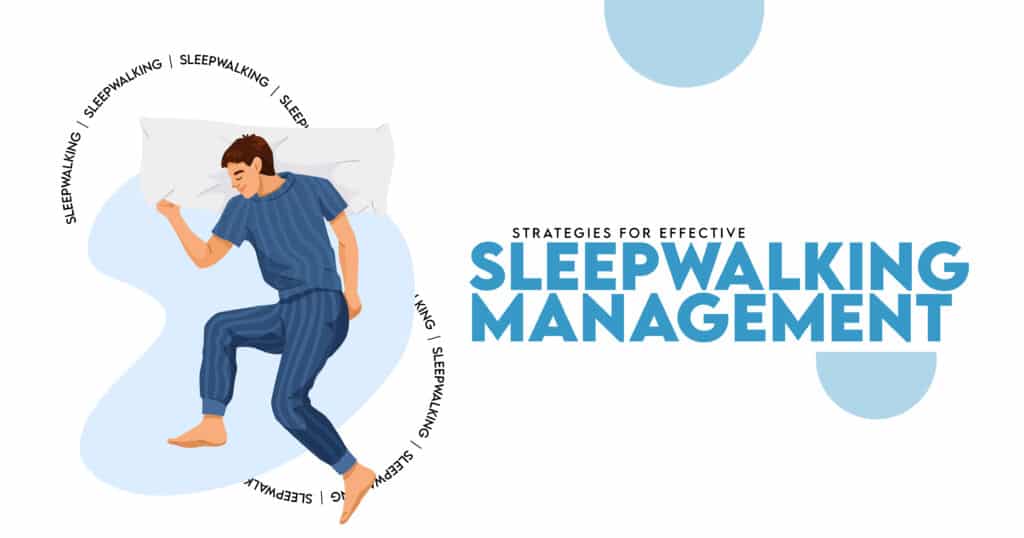Hey there! If you’ve ever felt like your mental and physical health are locked in a tug-of-war, you’re not alone. It turns out they’re more like dance partners than rivals. Understanding how these two aspects of health intertwine can be eye-opening and empowering. So, grab a comfy seat, and let’s dive into how your mind and body influence each other and how you can strike a harmonious balance for your well-being.
Essential Takeaways
- Mental and physical health are deeply interconnected—your mental state can impact your physical well-being and vice versa. A holistic approach that addresses both aspects is crucial for overall health.
- Chronic stress, anxiety disorders, and depression can lead to physical symptoms and health issues. Understanding these connections helps in addressing both mental health and physical health more effectively.
- Regular exercise, balanced nutrition, and good sleep are essential components of maintaining mental and physical health. Incorporating these practices into your daily life can significantly enhance your overall quality of life.
Why Understanding the Mind-Body Connection Matters
What Is the Mind-Body Connection?
Imagine your mental health and physical health as two dancers in a complex choreography. One’s movements affect the other’s steps. That’s the mind-body connection in action. This connection isn’t just about feeling stressed and getting a headache or feeling low and having a bad day at the gym. It’s a profound interplay where your mental state can impact your physical well-being and vice versa.
The mind-body connection is a foundational concept in holistic health, which sees mental and physical health as interconnected rather than separate. This approach emphasizes that treating one aspect without considering the other might not be as effective as a comprehensive approach.

The Importance of a Holistic Approach to Health
Ever tried juggling and realized it’s easier to keep all the balls in the air if you focus on balancing each one? That’s the idea behind a holistic approach to health. By viewing mental and physical health as intertwined, you’re not just treating symptoms but addressing the whole person. This approach ensures that both mind and body are in sync, promoting overall well-being.
A holistic approach considers how your mental state affects your physical health and how improving physical health can enhance mental well-being. This synergy can lead to more effective treatment strategies and healthier living.
How Mental Health Affects Physical Health
Stress and Its Physical Effects
Let’s talk stress. It’s like that sneaky guest at a party who refuses to leave. When stress becomes chronic, it’s not just a mental strain; it takes a toll on your body. Think of stress as a trigger that keeps your body in a state of high alert. This constant state of readiness can lead to physical symptoms like headaches, stomach problems, and muscle tension.
Studies have shown that chronic stress can elevate your risk of cardiovascular diseases, heart disease, and even respiratory diseases, weakening your immune system and contributing to a range of other health issues. When your body is in fight-or-flight mode too often, it’s not just your mood that suffers; your whole system gets caught in the crossfire.
The Role of Anxiety in Physical Health
Anxiety disorders are like that overly cautious friend who worries about everything, including how it affects your body. When anxiety kicks in, it can lead to physical symptoms such as rapid heart rate, sweating, and digestive issues. This happens because anxiety triggers your body’s stress response, leading to physical manifestations.
Research has found that long-term anxiety can lead to persistent physical symptoms and contribute to chronic health conditions. Understanding this connection helps in addressing not just the mental but also the physical aspects of anxiety.
Depression and Its Physical Manifestations
Depression isn’t just about feeling sad. It can have real, tangible effects on your body. People with depression often experience changes in appetite and sleep patterns, which can lead to weight fluctuations and fatigue. Additionally, depression can cause chronic pain, which is linked to the way your brain processes pain signals.
When you’re dealing with depression, your body is also in a constant state of strain. This strain can affect various bodily functions, from your immune system to your digestive health. Recognizing these physical symptoms as part of depression can lead to more effective management strategies.
How Physical Health Impacts Mental Well-being
The Effects of Exercise on Mental Health
Now, let’s flip the script and talk about how physical health can boost your mental well-being. Exercise isn’t just about toning muscles or losing weight. It’s a powerful tool for improving mental health. When you exercise, your body releases endorphins—those feel-good chemicals that lift your mood.
Regular physical activity has been shown to reduce symptoms of anxiety and depression. It helps regulate mood, improve sleep quality, and increase overall energy levels. Plus, the sense of achievement from meeting fitness goals can be a significant boost to your self-esteem and mental health.
Nutrition’s Role in Mental Health
You are what you eat, right? Well, your brain is certainly influenced by your diet. Nutrients play a critical role in mental health. For example, omega-3 fatty acids found in fish are known to support brain function and mood regulation. On the flip side, poor nutrition lacking essential nutrients can contribute to mood swings and cognitive decline.
Eating a balanced diet rich in fruits, vegetables, lean proteins, and complex carbohydrates can help maintain mental health. Nutritional deficiencies, such as a lack of vitamin D or B vitamins, have been linked to mental illnesses like depression and anxiety.
The Impact of Sleep on Mental Health
Sleep is like the unsung hero of mental health. It’s easy to underestimate how important good sleep is until you’re running on empty. Poor sleep can exacerbate mental health issues, including anxiety and depression. When you don’t get enough rest, it affects your mood, cognitive functions, and overall stress levels.
Quality sleep helps regulate mood, improve brain function, and support emotional resilience. Establishing a consistent sleep routine and creating a restful environment can significantly impact your mental well-being.

Strategies for Integrating Mental and Physical Health
Developing a Comprehensive Wellness Plan
Think of a wellness plan as your personalized roadmap to balanced health. Start by setting realistic goals that address both mental and physical health. This could include a mix of exercise, nutritious eating, and mental health practices like mindfulness.
Track your progress and make adjustments as needed. A comprehensive plan might involve regular check-ins with healthcare providers to ensure that both your mental and physical health are on track. Incorporating self-care practices and setting aside time for relaxation can also enhance your overall wellness.
Incorporating Physical Activity into Daily Life
Getting exercise doesn’t mean you have to hit the gym for hours. Simple changes can make a big difference. Take the stairs instead of the elevator, walk or bike for short errands, or incorporate quick workouts into your daily routine. Even small amounts of physical activity can boost your mood and energy levels.
Find activities that you enjoy and make them a regular part of your routine. Whether it’s brisk walking, dancing, hiking, or yoga, choose something that feels less like a chore and more like a fun, stress-relieving activity.
Mindful Eating and Nutrition
Adopting mindful eating practices can help you connect with your body’s needs and improve your mental health. Pay attention to what you’re eating and how it makes you feel. Choose foods that nourish both your body and mind, such as those rich in vitamins, minerals, and healthy fats.
Avoiding excessive sugar and processed foods can also benefit your mental health. Incorporate foods that support brain function and mood stability, like nuts, seeds, and leafy greens. These healthy decisions can reduce the risk factors associated with chronic diseases.
Prioritizing Sleep and Relaxation
Creating a sleep-friendly environment is crucial for good rest. Keep your bedroom dark, quiet, and cool. Establish a relaxing bedtime routine and stick to a consistent sleep schedule. Avoid screens and heavy meals before bed to improve sleep quality.
Incorporate relaxation techniques into your daily routine, such as deep breathing exercises, meditation, or gentle stretching. These practices can help reduce stress and improve your overall sleep quality.

Seeking Professional Support
Recognizing the Signs of Mental Health Issues
Sometimes, managing mental health on your own isn’t enough. It’s essential to recognize when it’s time to seek professional help. Signs that you might need support include persistent feelings of sadness, overwhelming anxiety, or chronic stress that interferes with daily life.
If you’re experiencing significant changes in your mood, appetite, or sleep patterns, or if you’re finding it hard to cope with everyday stress, it might be time to consult a health professional.
Finding the Right Healthcare Providers
Finding the right healthcare provider is crucial for effective treatment. Look for professionals who specialize in both mental and physical health. You might start with a primary care physician, who can refer you to specialists such as psychologists, psychiatrists, or dietitians.
Consider providers who use an integrated approach to health, addressing both mental health conditions and physical aspects of well-being. Research their credentials, and don’t hesitate to ask about their approach to treatment to ensure it aligns with your needs.
The Benefits of Integrated Care
Integrated care approaches offer a holistic view of health, addressing both mental and physical aspects simultaneously. This approach can lead to more comprehensive and effective treatment plans. Working with healthcare professionals who collaborate across disciplines can enhance your care and support your journey to better overall health.
Conclusion
Your mental and physical health are two sides of the same coin, intricately connected in ways that influence your overall well-being. By understanding this connection and adopting a holistic approach, you can foster better mental and physical health. Remember, it’s not just about addressing symptoms; it’s about nurturing the whole person. Prioritizing self-care and seeking professional support when needed can lead to a healthier, happier you. So go ahead, take that first step towards harmony in your health journey—your mind and body will thank you!
FAQs
- What is the mind-body connection? The mind-body connection refers to the interrelationship between mental and physical health, where changes in one can impact the other. For example, stress can lead to physical symptoms like headaches, while physical activity can boost mood and mental well-being.
- How can chronic stress affect my physical health? Chronic stress can lead to various physical issues, including headaches, gastrointestinal problems, and an increased risk of cardiovascular diseases. It keeps the body in a constant state of high alert, which can have detrimental effects on overall health.
- Can anxiety cause physical symptoms? Yes, anxiety can manifest as physical symptoms such as rapid heartbeat, sweating, and digestive issues. The body’s stress response triggered by anxiety can lead to these physical effects.
- What role does exercise play in mental health? Regular exercise has been shown to improve mood, reduce symptoms of anxiety and depression, and enhance cognitive function. It releases endorphins that help improve mental well-being and overall energy levels.
- How does poor sleep affect mental health? Poor sleep can exacerbate mental health issues like anxiety and depression. It affects mood regulation, cognitive function, and stress levels, making it harder to manage mental health effectively.








